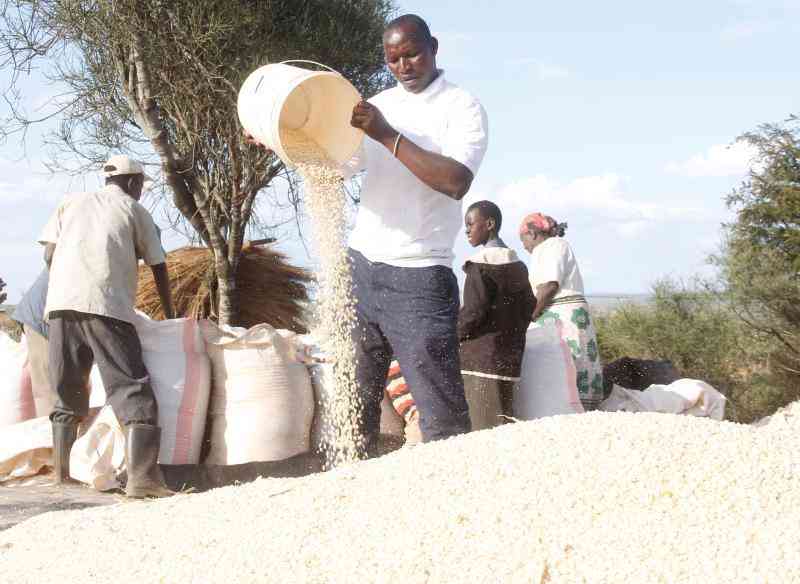×
The Standard e-Paper
Stay Informed, Even Offline

When there is drought, millions die because of famine situation and then when it rains heavily, as it is happening, the floods cause havoc. That is a state of affairs that should worry any government planner.
Indeed experts agree that this ought not to be the situation. Almost five million Kenyans are facing starvation owing to the vicious drought that the country has been experiencing in the past few years resulting in serious famine and scarcity of food.